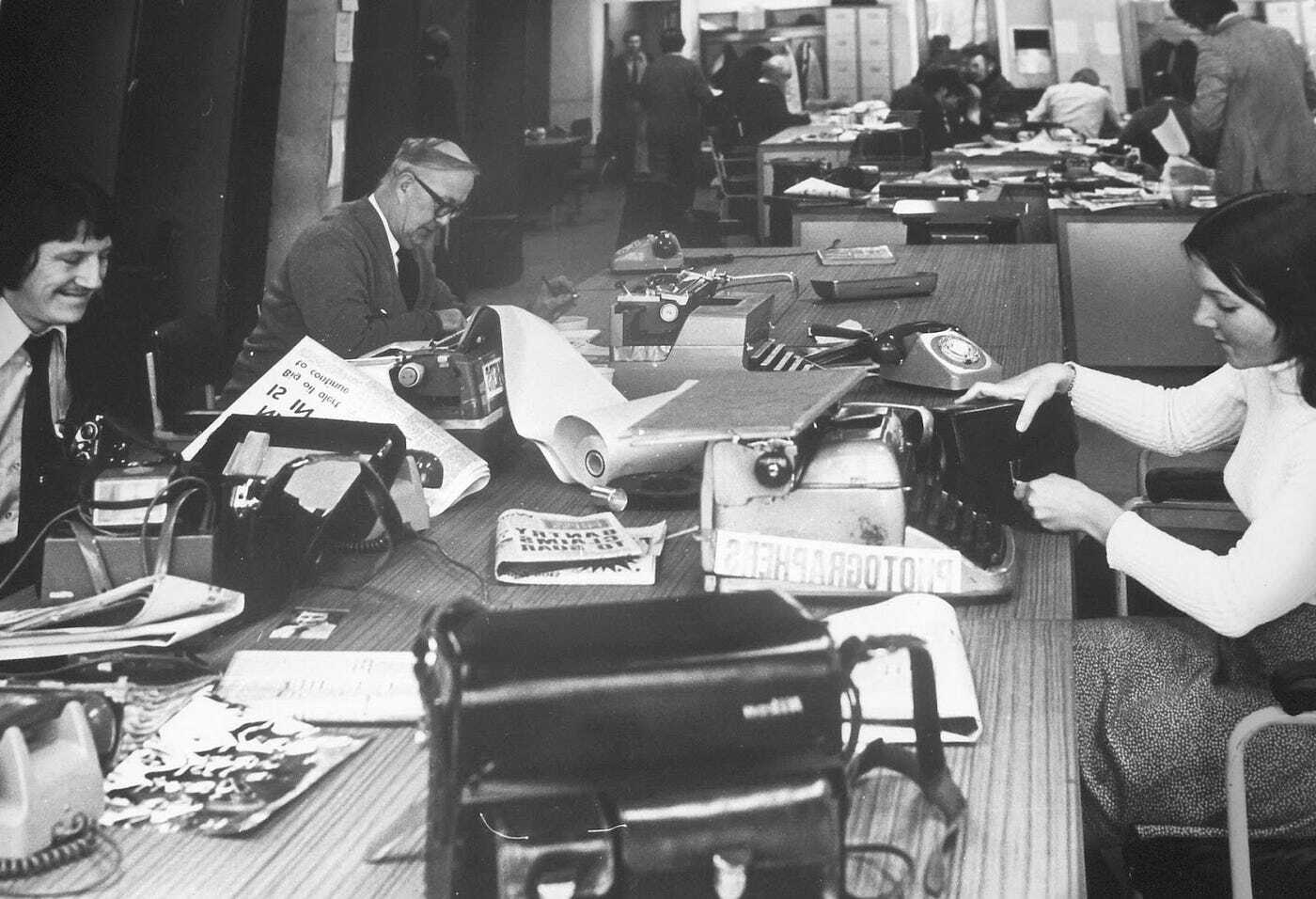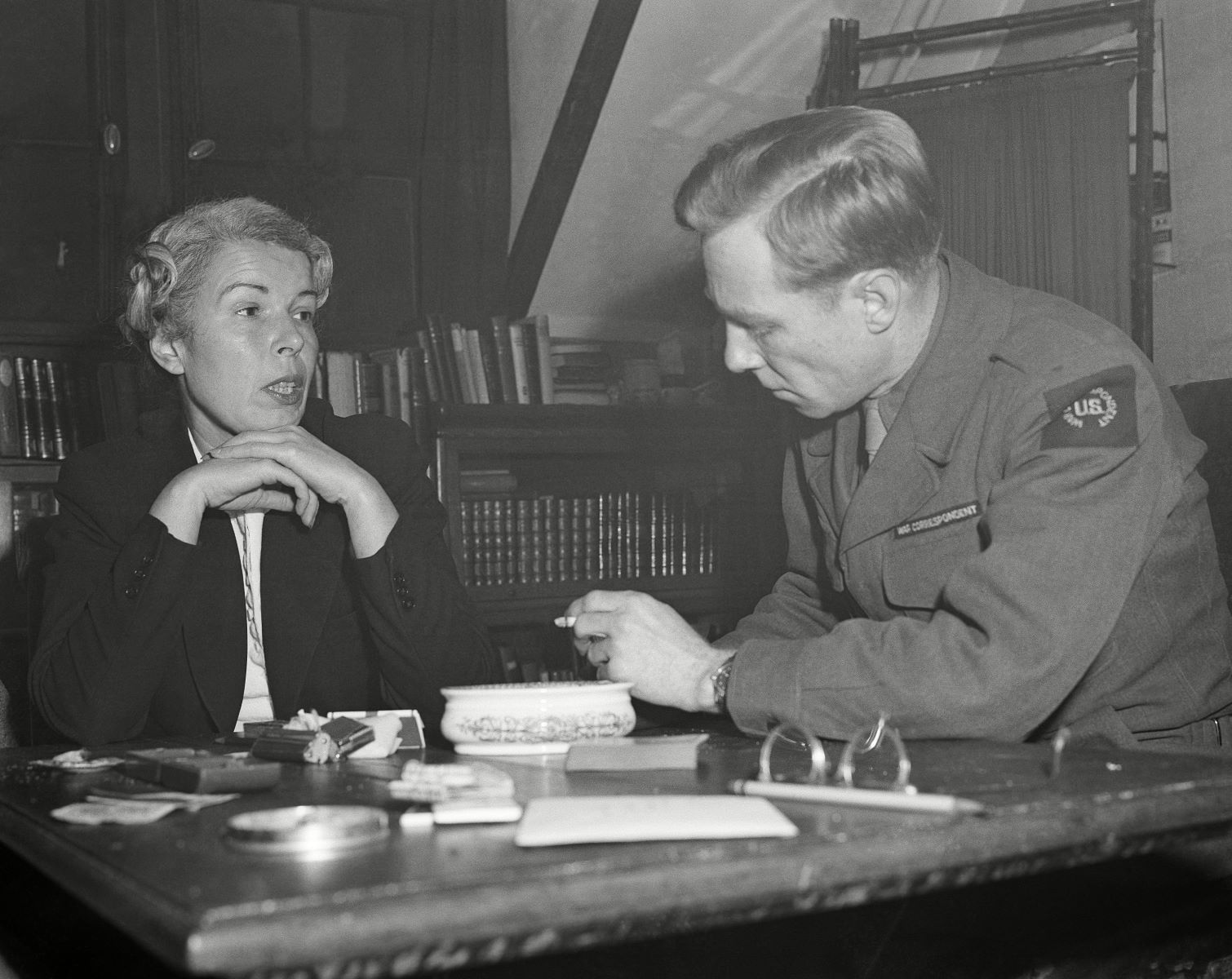
Operation Mockingbird was a covert CIA program aimed at influencing media and spreading propaganda during the Cold War. This secret operation involved recruiting journalists and news organizations to promote the agency's agenda. But what exactly did Operation Mockingbird entail? How deep did its influence run, and what were the consequences? In this blog post, we'll uncover 35 intriguing facts about this clandestine operation. From its inception to its impact on journalism, these facts will shed light on one of the most controversial chapters in American history. Buckle up for a journey through espionage, media manipulation, and the quest for control.
Key Takeaways:
- Operation Mockingbird was a secret CIA project to control the media during the Cold War, shaping public opinion and influencing political decisions. It serves as a cautionary tale about the potential dangers of media manipulation.
- The exposure of Operation Mockingbird highlighted the importance of transparency, ethical journalism, and protecting whistleblowers. It reminds us to remain vigilant and seek out independent sources of information.
What is Operation Mockingbird?
Operation Mockingbird was a secret CIA project aimed at influencing media and public opinion. It started during the Cold War and involved journalists, news organizations, and other media outlets. Here are some intriguing facts about this covert operation.
-
CIA's Media Manipulation: The CIA used Operation Mockingbird to manipulate news media for propaganda purposes. They recruited journalists to spread pro-American and anti-communist messages.
-
Started in the 1950s: This covert operation began in the early 1950s, during the height of the Cold War. The goal was to counter Soviet propaganda.
-
Journalists on Payroll: Many prominent journalists were on the CIA's payroll. They were paid to write stories that aligned with the agency's objectives.
-
Influence on Major Newspapers: Major newspapers like The New York Times, The Washington Post, and Time magazine were influenced by Operation Mockingbird. The CIA had connections with editors and reporters.
-
Funding Media Outlets: The CIA secretly funded various media outlets. This financial support helped ensure that the agency's messages were disseminated widely.
-
Cover Stories: Journalists involved in Operation Mockingbird often used cover stories to hide their true affiliations. They pretended to be independent reporters while working for the CIA.
-
International Reach: The operation wasn't limited to the United States. The CIA also targeted foreign media to spread its propaganda globally.
-
Operation Mockingbird's Architects: Frank Wisner, a high-ranking CIA officer, was one of the key architects of Operation Mockingbird. He played a significant role in its development.
-
Influence on Television: Besides print media, the CIA also targeted television networks. They aimed to control the narrative on TV news programs.
-
Books and Magazines: The operation extended to books and magazines. The CIA influenced the publication of books that aligned with its agenda.
The Impact of Operation Mockingbird
Operation Mockingbird had a profound impact on media and public opinion. It shaped the way people perceived global events and influenced political decisions.
-
Shaping Public Opinion: By controlling the media, the CIA could shape public opinion. They influenced how people viewed the Cold War and other significant events.
-
Political Influence: The operation had political implications. It helped sway public opinion in favor of certain policies and political candidates.
-
Censorship and Control: Operation Mockingbird involved censorship and control of information. The CIA suppressed stories that didn't align with its objectives.
-
Discrediting Opponents: The CIA used the media to discredit opponents. They spread false information to undermine individuals and organizations.
-
Manipulating Elections: There are claims that the CIA used Operation Mockingbird to manipulate elections. They influenced media coverage to favor certain candidates.
-
Cultural Impact: The operation also had a cultural impact. It influenced movies, TV shows, and other forms of entertainment to promote pro-American messages.
-
Exposing the Operation: In the 1970s, Operation Mockingbird was exposed. Congressional investigations revealed the extent of the CIA's media manipulation.
-
Church Committee: The Church Committee, a Senate committee, investigated the CIA's activities. They uncovered evidence of Operation Mockingbird and other covert operations.
-
Public Outcry: The exposure of Operation Mockingbird led to public outcry. People were shocked to learn about the extent of the CIA's influence on the media.
-
Reforms and Regulations: In response to the revelations, there were calls for reforms and regulations. The government took steps to limit the CIA's influence on the media.
Legacy of Operation Mockingbird
The legacy of Operation Mockingbird continues to be felt today. It serves as a reminder of the potential dangers of media manipulation and the importance of a free press.
-
Media Skepticism: The operation contributed to skepticism about the media. People became more aware of the potential for media manipulation.
-
Journalistic Integrity: The exposure of Operation Mockingbird highlighted the importance of journalistic integrity. It underscored the need for independent and unbiased reporting.
-
Freedom of the Press: The operation's legacy underscores the importance of freedom of the press. It serves as a reminder of the need to protect journalists from government influence.
-
Ongoing Concerns: Concerns about media manipulation continue to this day. Operation Mockingbird serves as a cautionary tale about the potential for government interference in the media.
-
Educational Tool: The history of Operation Mockingbird is used as an educational tool. It is studied in journalism and political science courses to highlight the importance of media ethics.
-
Influence on Whistleblowers: The operation's exposure influenced whistleblowers. It encouraged individuals to come forward with information about government misconduct.
-
Impact on Investigative Journalism: The revelations about Operation Mockingbird had an impact on investigative journalism. It led to increased scrutiny of government activities.
-
Cultural References: Operation Mockingbird has been referenced in popular culture. It has appeared in books, movies, and TV shows as a symbol of government manipulation.
-
Conspiracy Theories: The operation has fueled conspiracy theories. Some people believe that similar operations continue to this day.
-
Historical Significance: Operation Mockingbird is historically significant. It provides insight into the lengths to which governments will go to control information.
Lessons Learned from Operation Mockingbird
The lessons learned from Operation Mockingbird are relevant today. They highlight the importance of transparency, accountability, and a free press.
-
Transparency in Government: The operation underscores the need for transparency in government. It shows the dangers of secretive operations.
-
Accountability: The exposure of Operation Mockingbird led to calls for accountability. It highlighted the need for oversight of intelligence agencies.
-
Ethical Journalism: The operation serves as a reminder of the importance of ethical journalism. It underscores the need for journalists to maintain their independence.
-
Protecting Whistleblowers: The revelations about Operation Mockingbird highlight the importance of protecting whistleblowers. It shows the value of individuals who come forward with information about government misconduct.
-
Vigilance: The legacy of Operation Mockingbird reminds us to remain vigilant. It underscores the need to be aware of potential media manipulation and to seek out independent sources of information.
The Legacy of Operation Mockingbird
Operation Mockingbird left a lasting impact on media and public trust. This covert CIA program, which began in the early Cold War era, aimed to influence news outlets and journalists to spread propaganda. It blurred the lines between journalism and government agendas, leading to skepticism about media integrity.
The program's exposure in the 1970s sparked debates about press freedom and government transparency. It highlighted the need for independent journalism and the dangers of unchecked government power. Today, Operation Mockingbird serves as a cautionary tale, reminding us to critically evaluate news sources and question potential biases.
Understanding this operation's history helps us appreciate the importance of a free press in a democratic society. It underscores the value of journalistic integrity and the ongoing struggle to maintain it. The legacy of Operation Mockingbird continues to influence discussions about media ethics and government accountability.
Frequently Asked Questions
Was this page helpful?
Our commitment to delivering trustworthy and engaging content is at the heart of what we do. Each fact on our site is contributed by real users like you, bringing a wealth of diverse insights and information. To ensure the highest standards of accuracy and reliability, our dedicated editors meticulously review each submission. This process guarantees that the facts we share are not only fascinating but also credible. Trust in our commitment to quality and authenticity as you explore and learn with us.


